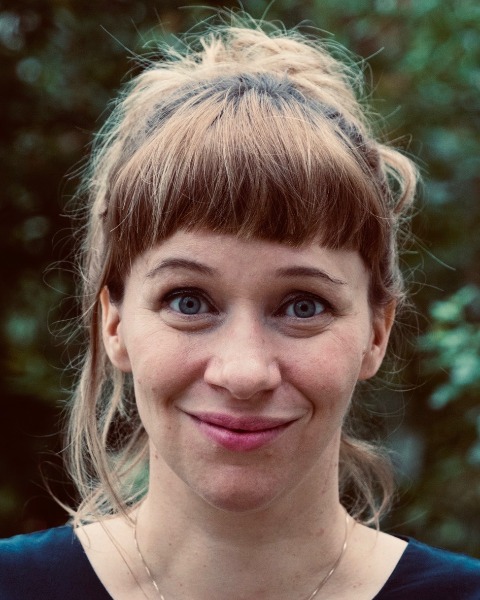Program Area: Behavioral and Social Sciences
New Spins on Classic Ideas About Context in Adult Emotional Development
-
TS
Tabea Springstein, MA, MSc
PhD Student
Psychological & Brain Sciences
Washington University in St. Louis
Saint Louis, Missouri, United States -
TE
Tammy English, PhD
Associate Professor
Psychological and Brain Sciences
Washington University in St. Louis
Saint Louis, Missouri, United States -
TS
Tabea Springstein, MA, MSc
PhD Student
Psychological & Brain Sciences
Washington University in St. Louis
Saint Louis, Missouri, United States -

Claudia Haase, PhD
Associate Professor
Human Development and Social Policy
Northwestern University
Evanston, Illinois, United States -
.jpg)
Jennifer MacCormack, PhD
Assistant Professor
Psychology
University of Virginia
Charlottesville, Virginia, United States -
NR
Nilam Ram, PhD
Professor
Psychology
Stanford University
Stanford, California, United States
Chair(s)
Co-Chair(s)
Individual Symposium Abstract First Author(s)
Individuals often experience improvements in emotional well-being into old age. Understanding mechanisms contributing to these emotional outcomes in daily contexts can inform ways to support healthy aging. Development is embedded within various contexts that shape individuals’ experiences. Novel perspectives are emerging on how to conceptualize context and the way it can contribute to emotional development during the aging process. This symposium illustrates four innovative ways to consider contextual contributions to emotional well-being across adulthood. The first talk will use experience sampling to illustrate age differences in how daily situations contribute to emotion regulation related processes, showing that older adults can more easily distinguish between emotions when in familiar situations. The second talk will take a fresh perspective on psychosocial contexts by distinguishing between types of social interactions in couples, highlighting the important role of affection for well-being in adulthood. The third talk will introduce the idea that the body itself provides context for emotional processes, showcasing that the way this context affects emotional experience changes as individuals age. The fourth talk will center on how renewing our classical developmental models of context in modern ways can help to overcome shortcomings of previous research and provide insight into how engagement with environmental features contributes to well-being across the lifespan. In sum, this symposium features innovative perspectives on how context can be leveraged to gain a deeper understanding of psychosocial development into old adulthood and illustrates specific ways individuals can navigate their social world to preserve or improve mental health across adulthood.
Learning Objectives:
- After attending this session participants will be able to describe different ways to conceptualize contextual factors, from daily situations to one’s body
- After attending this session participants will be able to appreciate how considering context can improve our understanding of emotional development and well-being across adulthood
- After attending this session participants will be able to reflect upon how they may be able to incorporate context in their own work to answer questions about well-being in later stages of life
Presentations:
-
3:30 PM – 5:00 PM ETFamiliar Contexts, Familiar Emotions? A New Perspective on Context-Specific Emotion Processes in Older Adulthood
Individual Symposium Abstract First Author: Tabea Springstein, MA, MSc – Washington University in St. Louis
-
3:30 PM – 5:00 PM ETAll You Need is Love? Spouses' Affection Across Marital Interaction Contexts
Individual Symposium Abstract First Author: Claudia Haase, PhD – Northwestern University
-
3:30 PM – 5:00 PM ETAging Body as Context: The Role of Interoceptive Aging in Mid- and Late-Life Emotion
Individual Symposium Abstract First Author: Jennifer K. MacCormack, PhD – University of Virginia
-
3:30 PM – 5:00 PM ETInfluence of Earth, Wind, and Fire on Well-Being: The Classic Concentric Circles Model of Context Is Also from the 1970s
Individual Symposium Abstract First Author: Nilam Ram, PhD – Stanford University
